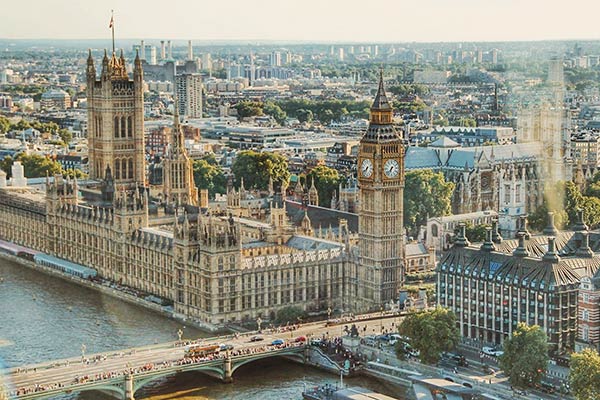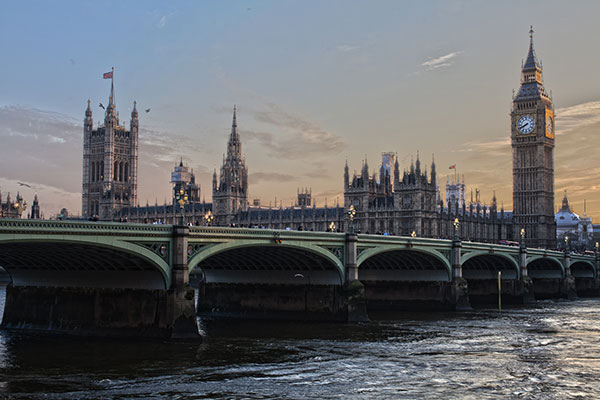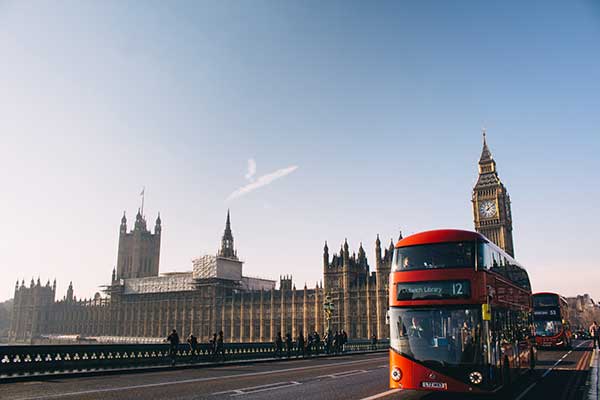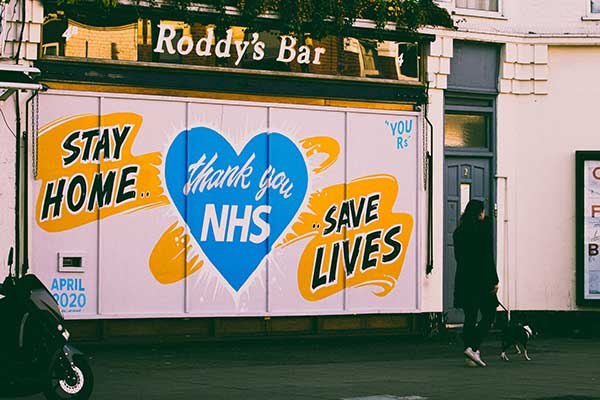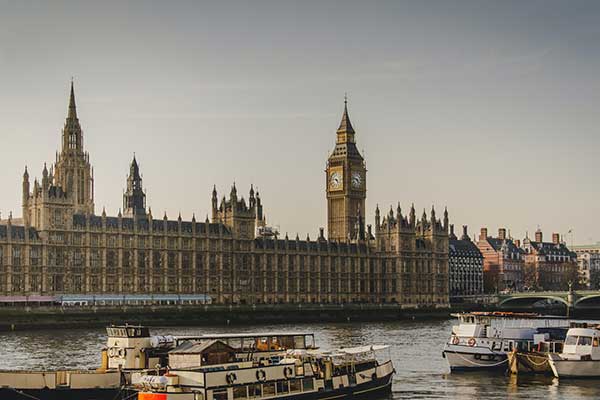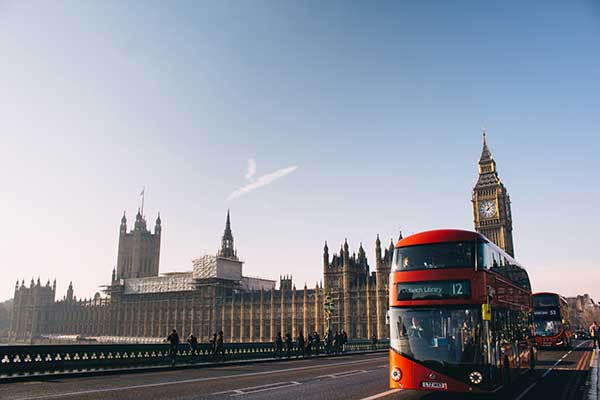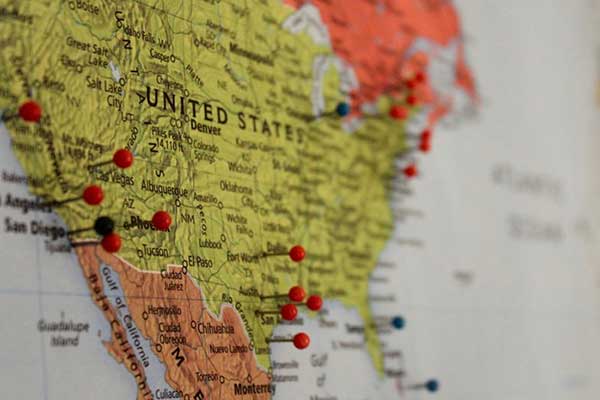Understanding what the government’s latest announcements on relaxing the lockdown rules mean for you
May 13th 2020 Article
13 May 2020
Following the Prime Minister’s announcement on Sunday evening during which he laid out the first steps for the UK to leave the current lockdown conditions, the government has now published “Our plan to rebuild”, the government’s Covid-19 recovery strategy that explains how businesses and workers can take the next steps to return to life before the lockdown.
In addition, Chancellor Rishi Sunak announced an extension to the UK’s Coronavirus Retention Scheme until October in order to help businesses struggling with the effects of the pandemic retain their staff.
Extension of the Coronavirus Retention Scheme
- It is estimated that 7.5million people are now furloughed across the UK through the scheme
- The Chancellor confirmed that employees will continue to receive 80% of their monthly wages up to £2,500, but mentioned that the government will ask companies to “start sharing” the cost of the scheme from August
- The Chancellor said during his statement that the government was backing workers and companies during the lockdown and would support them coming out too
- From August the scheme will continue for all sectors and regions of the country but will have greater flexibility to support the transition back to work. This would mean that employers currently using the scheme would be able to bring furloughed employees back in a part-time capacity
- For more information on furloughing and what it might mean for your business, please click here
Returning to work
- People who can work from home should continue to do so "for the foreseeable future" as this will help minimise the risk of overcrowding on public transport help to obey social distancing guidelines
- Everyone who cannot do their job from home should go to work, provided their workplace is open
- The Government says people working in sectors including food production, construction, manufacturing, logistics, distribution and scientific research in laboratories should go to work
- However, hospitality and "non-essential" retail businesses will remain closed.
- Workplaces will be required to follow "Covid-19 secure" guidelines, which the Government plans to publish this week. Employers are already being encouraged to change shift patterns and rotas in order to have staff working in smaller teams
- Work surfaces should be cleaned frequently, particularly communal surfaces such as door handles or lift buttons and communal areas like bathrooms, kitchens and tea points
Meeting family and friends
- From Wednesday (13.05), people can visit a family member, partner or friend outside of their household if they remain two metres apart and meet outdoors
- However, this means that you can meet someone such as a grandparent individually and not with another member of your household
Pubs, restaurants and non-essential shops
- Pubs and restaurants must remain closed until the 4th July at the earliest across the UK
- From July 4th, food service providers, pubs and hotels will be able to open along with hairdressers, churches and leisure facilities such as cinemas
- For venues that are unable to facilitate current social distancing guidelines, they may not be able to open by July 4th or may only be able to open partially
- When pubs and restaurants are encouraged to re-open, this will be done in a phased way with soft reopening’s to ensure that they can properly adopt the necessary Covid-19 safety guidelines
- The reopening of non-essential shops such as hairdressers and beauty salons is currently intended to be from July 4th, however, this will only be done when it is considered safe to do so as the close proximity of this environment means that the risk of transmitting the disease is higher
Transport
- Employees who cannot work from home are asked to avoid using public transport where possible and instead travel by driving, walking or cycling
- The government is working with public transport operators to help bring services back to pre-Covid levels as soon as possible so workers can get to work safely
- Further guidance on what operators must do to uphold social distancing rules is expected to be issued later this week
- The government is encouraging companies to consider staggering working hours to help reduce the number of people travelling at peak times and to expand bicycle storage facilities
- The government earlier in the crisis announced that £2 billion will be invested to help create more cycle lanes and widen pavements
Education
- Vulnerable children, and those of critical workers, will be encouraged to attend school
- However, a full reopening of schools is not on the table to try and limit the chance of creating a second wave of the virus
- To successfully implement social distancing, year groups that do go back are expected to be spread across multiple classrooms, with heads required to come up with plans tailored to their individual schools
- Parents reluctant to send their children back in these groups will not be fined
- The current guidance does not cover nurseries but does say that nannies and childminders are able to go back to work, provided they can meet necessary health and safety requirements
- The current guidance also does not cover universities. Students are expected to continue operating remotely for the rest of the academic year at this stage
For more information on the government’s recovery strategy and to review the whole document, please visit gov.uk


